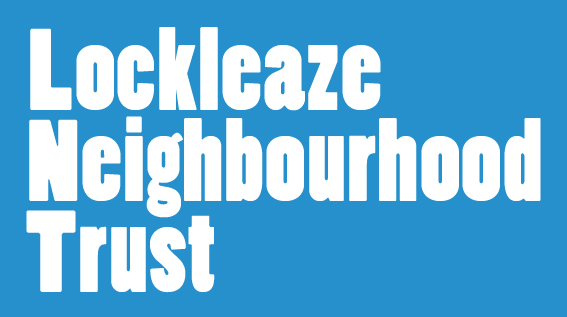Guidance for applications
Don’t meet every single requirement?
Studies have shown that women and people of colour are less likely to apply to jobs unless they meet every single qualification. At Lockleaze Neighbourhood Trust, we are dedicated to building a diverse and inclusive workplace, so if you’re excited about this role, but your experience doesn’t align perfectly with every qualification in the job description, we encourage you to apply anyway. You may be just the right candidate for this or other roles.
Tips on good applications
The application is the first part of the assessment. So use a computer, use good English, write clearly, and check for spelling and grammar mistakes.
Complete your employment history so people know what you have been doing and explain any gaps
The personal statement or section where you say you meet the person specification is the main way that employers assess your application so spend time on this. Employers mark this to see if they will short list you so make sure you,
make sure you have answered how you meet the criteria in the application
make it easy for the employer to find information - use headings, say
”I meet the following skills as demonstrated through these examples….”Don’t say where you have gaps, or what you are missing but share relevant experience from life, voluntary and work experience
sell yourself. This is not the time to be humble!
get someone else to read what you do and check it for you,
Don’t just say “I can do this..”, give examples on how you meet the criteria (more below):
It is not enough just to say you meet the criteria in the person specification, (e.g. I am very good at communication). You need to give an example of evidence of meeting the criteria.
For example –
Criteria – Experience of writing letters
Don’t say X
I can write lots of letters
Do say
I am an experienced letter writer when I was at school during my work experience I was a secretary in an insurance company and I wrote letters every day to customers.
Criteria – Understand mental health issues
Don’t say X
I know a lot about mental health issues
Do say
Whilst working at the nursery, I undertook ‘understanding mental health’ and ‘mental health first aid’ training. I was good at spotting if people were unhappy and confident about asking how they were and if they needed any help.
A good way to remember how to give detailed answers with evidence is the STAR acronym. It stands for the following:
Situation – what was the situation (e.g. At school / when I worked at work… / when I volunteered at…).
Task – what did you have to do (e.g. I was responsible for / I was asked to / I organised the following)?
Action – give detail about how you did the task that proves you know how to do it (e.g. I set up meetings/ I wrote minutes for their monthly meetings / I organised a festival…).
Result - what evidence can you give about how great you were at doing this thing
(e.g. 50 people came to the event/ I completed the task quickly / I received an award for my customer service / I was top of my class in this qualification / My manager said I could be relied upon to handle difficult situations like this / I have regular repeat customers / I raised over £1000 / my sales targets were exceeded / it was a really successful event, covered in the local and national news…)
Our goals, values, and objectives
We take very seriously our commitment to deliver against the strategy and want everyone at Lockleaze Neighbourhood Trust to believe passionately in the importance of keeping our strategic goals and objectives front and centre of our work.
Our mission is to support residents to achieve positive change for themselves and their community.
We do this through
Listening to our residents: making sure we know what is going on for residents in Lockleaze
Community connection: connecting residents together for well-being and empowerment
Information and signposting: making sure people know what is going on where and how to get involved
Connection for action: supporting residents to self organise for change
Projects that matter: seeking funding for major projects
Our values guide how each of us work and behave in our role on a daily basis:
Welcome and Kind: noticing, providing a welcome for everyone and acting with kindness can be transformational in individuals lives and makes the world a better place
Keeping the community connected: connecting people is good for wellbeing, good for community action and can make places better
Residents lead the change: residents are at the heart of everything we do, and we want to support them to lead the change.
Creating a fairer Lockleaze: there are many injustices, and we want to call them out and work collaboratively to tackle them.
